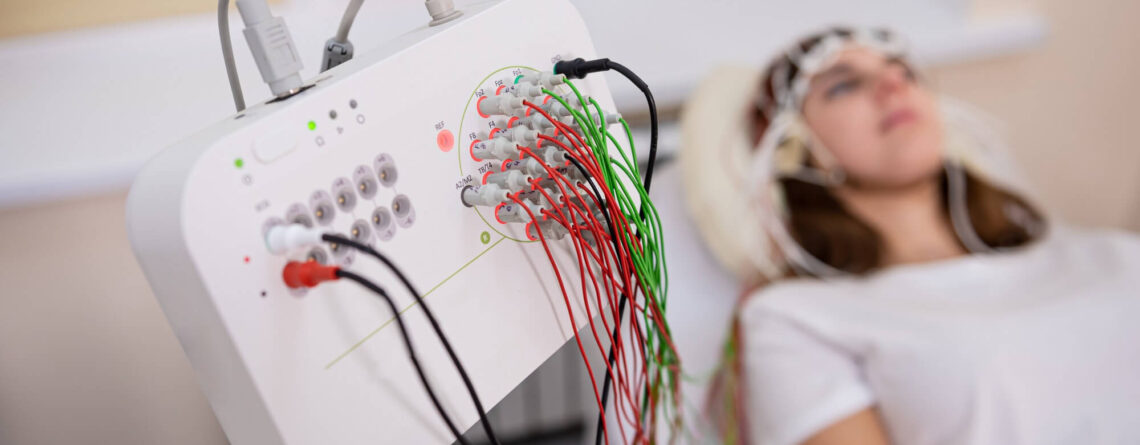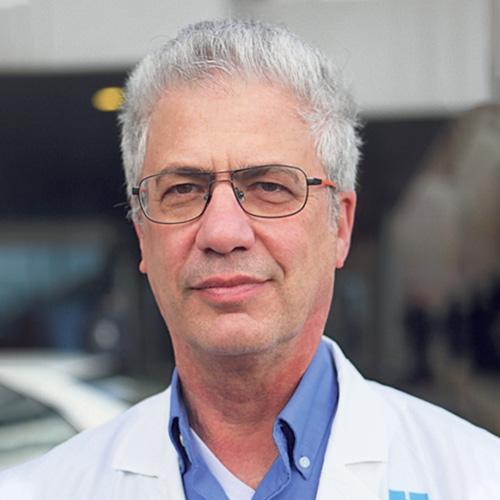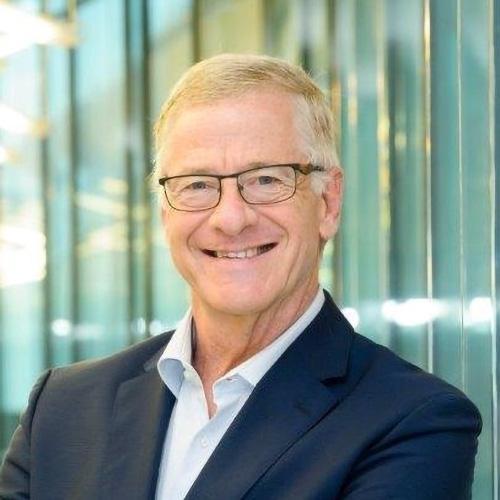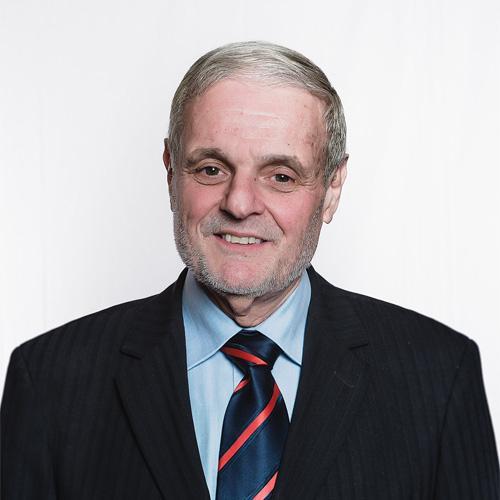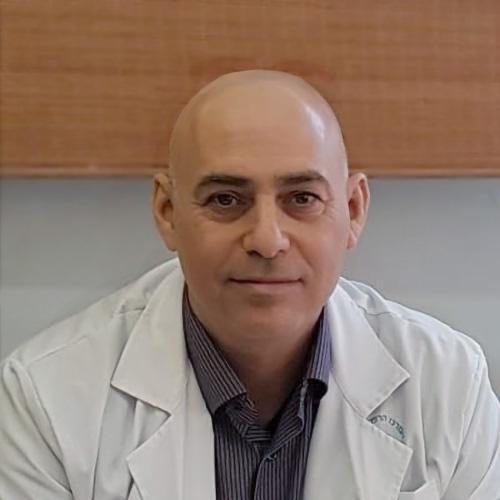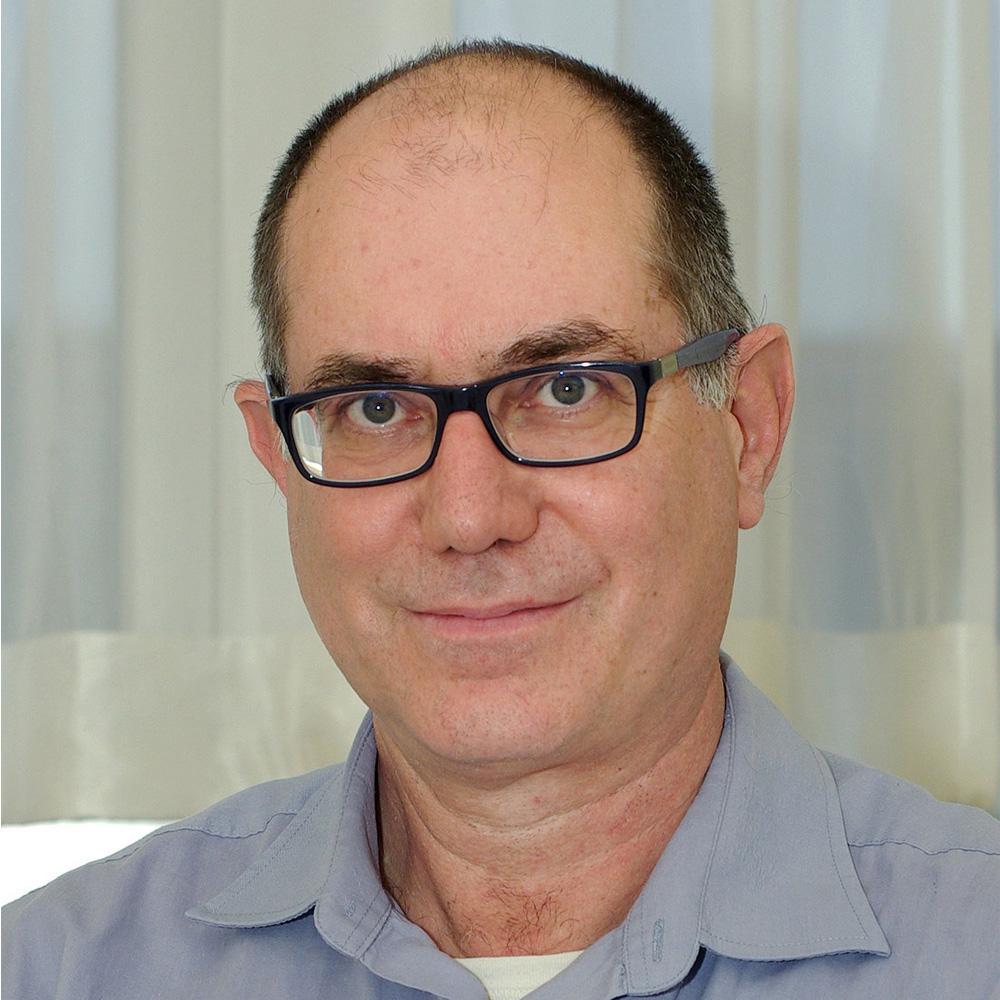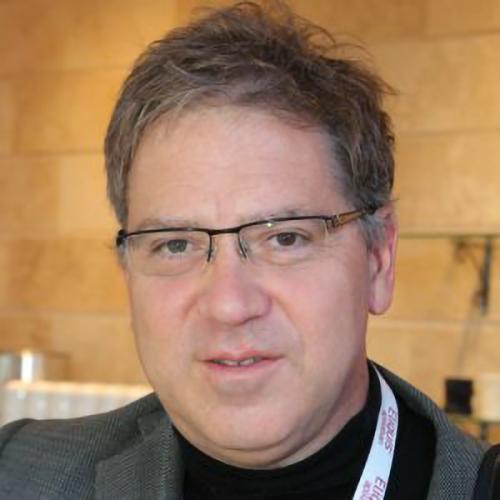Neurology
he Department of Adult Neurology studies, diagnoses and treats various diseases of the central and peripheral nervous system. Patients with both common and rare neurological problems can receive help here.
The Neurology Department of the Maimonides Multidisciplinary Medical Center is a unique structure where only highly qualified doctors who have undergone special training and internship at the best Israeli clinics. Each individual clinical case is supervised by Israeli specialists, therefore, at any stage of medical and diagnostic services, our doctors can consult with their more experienced foreign colleagues, and patients can get an online consultation.
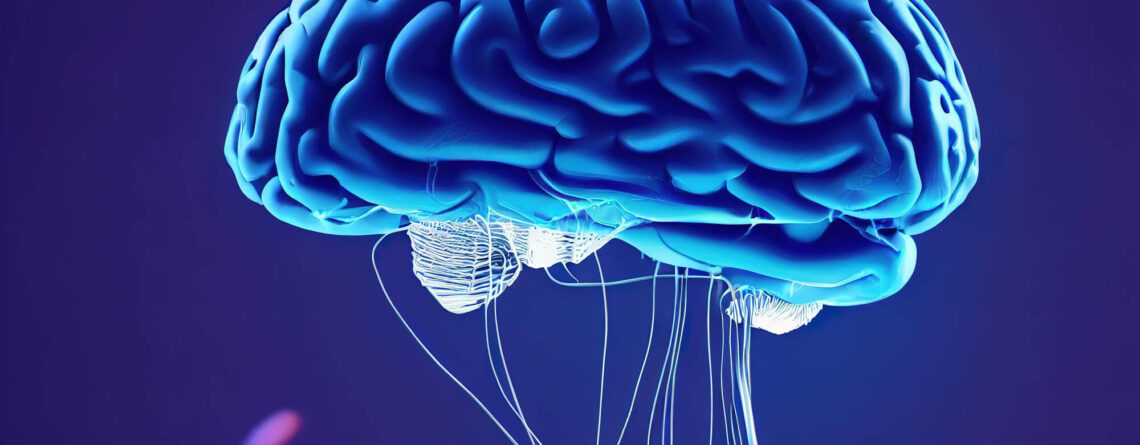
Maimonides Multidisciplinary Medical Center works under the patronage of the “Keren Or for our Child” the Charitable Foundation, so all our patients can receive the necessary diagnostic or treatment procedures free of charge or with a partial surcharge. Funds for the treatment of Ukrainians are donated by caring companies and ordinary people.
Methods of diagnosis in Department Of Neurology
The Department Of Neurology of Maimonides Medical Center has access to the best modern diagnostic equipment. So the entire process of examining the primary patient is quick, painless and efficient. If the department does not have a certain narrow specialist or the necessary equipment, the patient is referred for further examination to subsidiary medical centers or Israeli partner clinics of Maimonides.
Modern diagnostic procedures are:
- The entire range of modern laboratory diagnostics ((general clinical, biochemical, hormonal, genetic and other tests of blood, urine, cerebrospinal fluid, other biological fluids).).
- A thorough neurological examination by a doctor and leading diagnosis.
- Spinal cord(lumbar)puncture followed by examination of cerebrospinal fluidс(cerebral fluid)or injection of contrast for medical neuroimaging.
- Computed tomography (CT), magnetic resonance imaging (MRI), multispiral computed tomography (MSCT), positron emission tomography (PET-CT) with and without contrast and their various modifications are the "eyes" of modern neurology .
These are high-precision examinations that allow us to localize the pathological process, determine its nature and extent, plan the scope of future surgery, if necessary, or other medical procedures, reproduce a 3D or 4D model of the pathological focus, etc. - Electroencephalography (EEG)
Is a method of functional diagnosis of electrical activity of the brain. Allows to detect such disorders as epilepsy, some forms of sleep disorders, various forms of encephalopathies. - Electromyography (EMG)
Is a functional research method of the neuromuscular junctions status. It allows to detect various peripheral diseases of the nervous system, disorders of the nerve impulses transmission to muscle fibers. - Echoencephalography Is a method of brain examining using ultrasound. It is more common in young children, but it is also used in adults to assess the condition of the middle intracerebral structures.
- Angiography of the head and neck vessels allows us to detect vascular malformations, anomalies of vessels development, aneurysms.
- Ultrasound and the arteries and veins ultrasound of head and neck.
- Biopsy and histological examination of the obtained cell samples.
If a biopsy is needed during the diagnosis, the samples are also sent to Israeli, American, and German pathomorphological centers to confirm the diagnosis. Thanks to such "molecular checks" , we are absolutely sure of the diagnosis correctness and the selected treatment scheme effectiveness.
Depending on the specific case, the diagnostic program can be supplemented with various specific studies. For instance, in the case of sleep disturbances, the patient may be directed to detailed sleep diagnostics (polysomnography).In case of neurodegenerative suspicion diseases with cognitive disorders, to detailed psychiatric and psychological diagnostics.
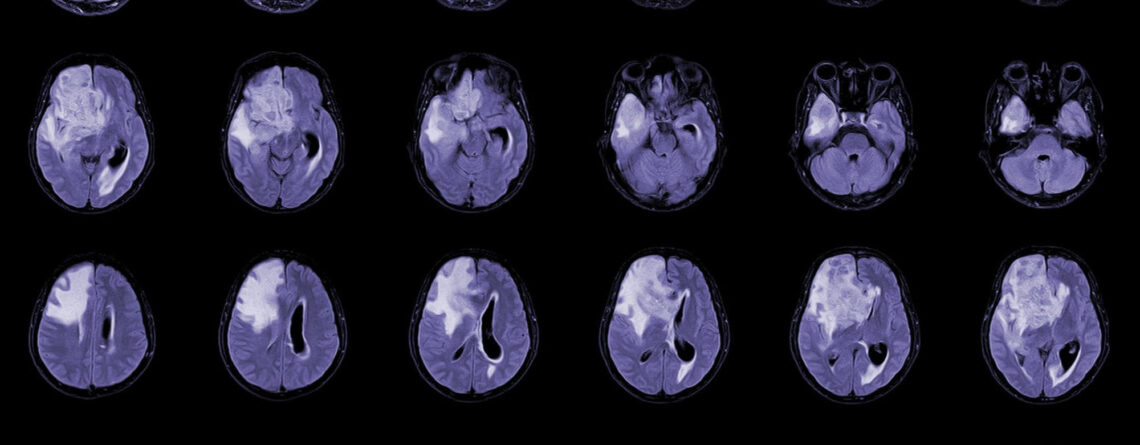
Modern methods of treatment in The Department Of Neurology
Neurological disorders, as a rule, last for years (except for acute diseases). This has an extremely negative impact on the general condition of a person, on his social adaptation, on mental health, on the emotional state and relationships with others and relatives. That is why you should start treatment from the very beginning of the appearance of symptoms, and not wait for the disease to have a significant negative impact on your quality of life.
In The Neurological Department of The Maimonides Clinic, we use the entire arsenal of modern treatment methods acute and chronic diseases of the nervous system.
As a rule, the course of treatment consists of: drug correction, physiotherapy, psychotherapy, surgical intervention if necessary, rehabilitation after the received treatment (occupational therapy, classes with a speech therapist, physical therapy, social adaptation).
Recent years have brought significant success in the treatment of such a difficult neurological problem as Alzheimer's disease.
In leading Israeli medical centers, clinical studies are actively conducted to observe the effectiveness of modern drugs or procedures to improve the condition of such people.
All patients of the Maimonides Clinic can participate in these experimental studies absolutely free of charge.
Frequently, this is the patient's only chance to continue an active and healthy life even after a frightful diagnosis.
The arsenal of modern and innovative treatments for Alzheimer's disease is impresses, and all our patients have access to it. We can provide:
- innovative computer Savion program ;
- electromagnetic therapy using the NeuroAD device;
- deep electromagnetic stimulation of the brain;
- nasal spray for vaccination against Alzheimer's disease;
- drugs of the latest generation Ladostigil and Davunetide;
- Alzheimer's disease treatment with stem cells.
Significant progress has also been made in the treatment of epilepsySpecialists manage to fight with resistant to standard treatment diseases forms , which have been unsuccessfully tried to fight for years.
The complex of treatment, which is selected individually, is aimed at reducing the frequency and duration of convulsive attacks, their prevention, eliminating or preventing changes in the brain and mental health under the influence of frequent seizures.
In approximately 70% cases of refractory forms of epilepsy, epileptologists of the Maimonides Clinic manage to find effective conservative treatment. The remaining 30% still require operative neurosurgical interventions. The choice of one or another treatment method is selected in each case individually by a whole team of specialists.
Modern methods of epilepsy treatment include:
- hemispherectomy;
- microsurgical callosotomy;
- multiple subpial transection in epilepsy;
- deep stimulation of the vagus nerve;
- implantation of the N.vagus stimulator;
- neurostimulator for the epilepsy treatment (RNS System);
- partial lobectomy;
- cortical resection.
For the present time, significant progress has been made in the treatment of such an important disabling neurological disease as multiple sclerosis.
The disease mainly affects young people, progresses rapidly, leads to permanent loss of working capacity, disability and premature death. Currently, there are several modern medicine that allow you to stop the progression of multiple sclerosis and lead to active lifestyle, despite the terrible diagnosis.
Good results were shown by such innovative techniques as applying the liposomes with myelin and immunotherapy ((T-cell vaccine, B-interferons, monoclonal antibodies, immunosuppressants, and cytostatics).
Unfortunately, modern medicine does not know how to liquid multiple sclerosis completely, but scientists all over the world are actively studying this issue. And as soon as such a drug or procedure becomes available, our patients will have access to this treatment, along with all the other novelties and technologies in the neurology clinic.
